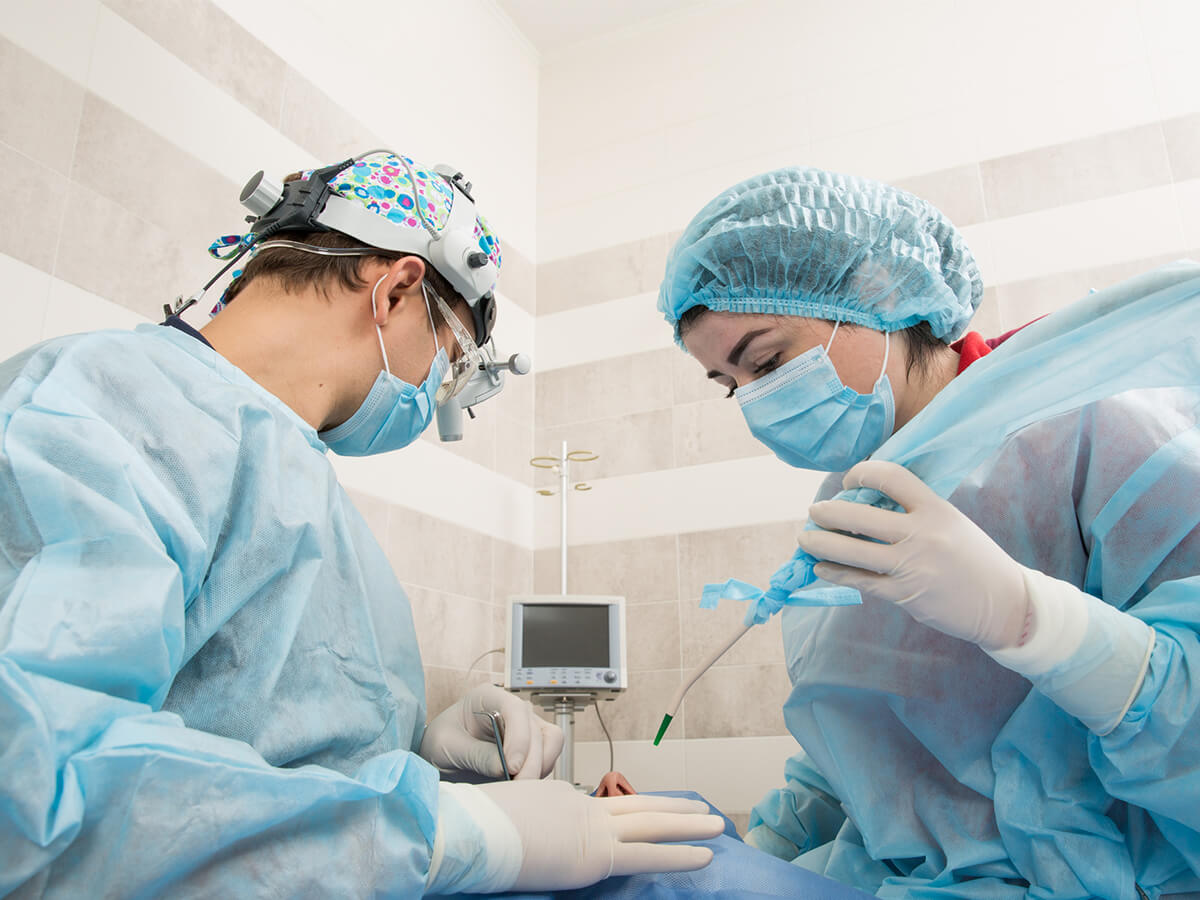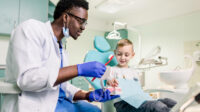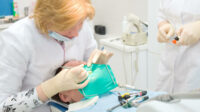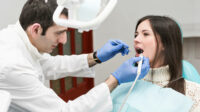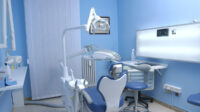It has been several months since leaders around the world have encouraged and enforced their people to stay home and avoid spreading the novel coronavirus. In the United States, non-essential businesses were ordered to be closed and essential businesses were permitted to remain open, including dental offices for emergency visits. What effect are there of coronavirus on dental offices, and what can dentists and dental hygienists do while they wait for offices to reopen?
What is Considered a Dental Emergency?
The biggest reason dental offices are permitted to see dental emergencies is that they want to reduce the number of patients admitting themselves to the hospital ER so that hospitals and staff have more time and space for patients with COVID-19. What is considered a dental emergency?
Severe trauma to the facial bones blocking the airway, soft tissue bacterial infection, swelling of tissues inside and outside of the oral cavity, and uncontrolled bleeding are considered to be dental emergencies. These types of emergencies can be potentially life-threatening and require attention to stop the bleeding and alleviate pain or infection. In most cases, patients will be prescribed antibiotics for infections or referred directly to an endodontist (root canal specialist) or an oral surgeon.
Dentist and Dental Hygienists: The Most At-Risk Careers During Coronavirus
As a dental hygienist, I am not permitted to see my patients for their routine dental cleanings. According to Business Insider and their research with O*NET Online Occupational Database, dentists and dental hygienists are the top two careers who are the highest at risk in damaging their health in our particular time now with the novel coronavirus. We work the closest with our patients, with their mouths just inches away from ours. Our jobs require us to break the rule to stay six feet away from people. Even with our personal protective equipment (PPE), we are still at risk for getting contaminated from a possibly infected patient’s aerosols (tiny particles of their saliva sprayed through the air) and those particles finding their way past our goggles and masks and into our eyes and mouths.
COVID-19’s Economic Impact on Dental Employees
So now that the office has been closed for daily routine appointments, what do we do? Every dental office follows their state regulations as well as their state’s dental association. For dentists, especially private practice owners, they will be talking continuously with their banks and accountants. With the laws changing every day and new regulations coming out, these dentists have to be on top of everything. They are the ones that have to care for not only their practice but also for their employees. They unfortunately, bear the burden of contemplating layoffs and furloughs to their dear staff. Since most dental hygienists are part-time contract workers, they have to use up their PTO or apply for unemployment. Things can get stressful for everyone.
Things to Do While Dental Offices are Closed
Until we get to the point where things can go back to normal, here are some things dentists and dental hygienists can be doing while there aren’t any patients.
- Clean and sterilize every crevice of the dental practice
- Update the office with new decor or completing tasks on their renovations list for the office
- Submit insurance payments and sending out bills for collections
- Make a list of patients with overdue treatment/cleanings to call and schedule them on the books
- Sharpen dental instruments
- Organize and declutter all the dental brochures that keep piling up
- Listen and take part in webinars and dental continuing education courses. Now is the time to learn the new dental topics or refresh your memory on the basics!
- It’s also a good time for dentists and dental hygienists to practice yoga and stretching to relax their back and neck since our ergonomics isn’t ideal as we are hunched over patients for hours
Hopefully, these ideas can keep you busy and this pandemic can come to an end soon.
The good news is, we’ve successfully flattened the curve for the most part and some states are slowly beginning to announce plans to reopen, which means dental offices will be opening soon. In the meantime, relax, stay home, and don’t forget to brush and floss!
